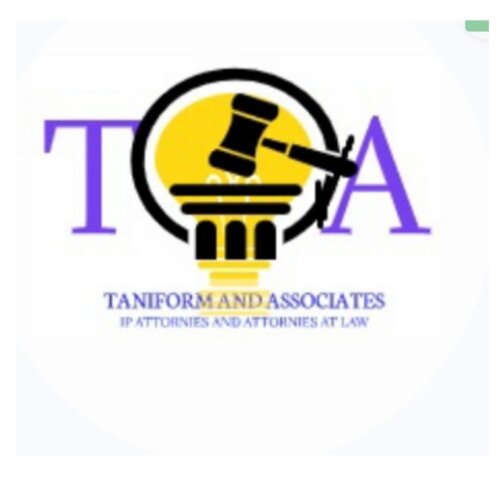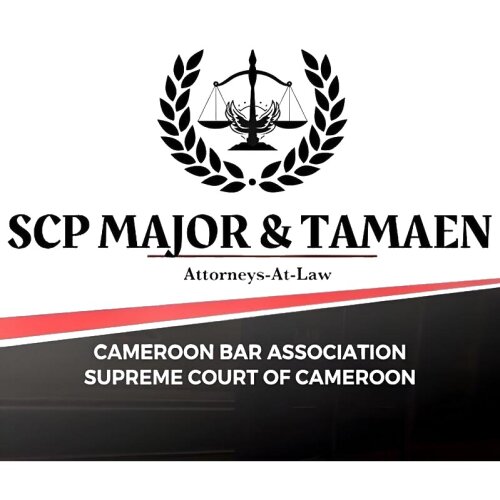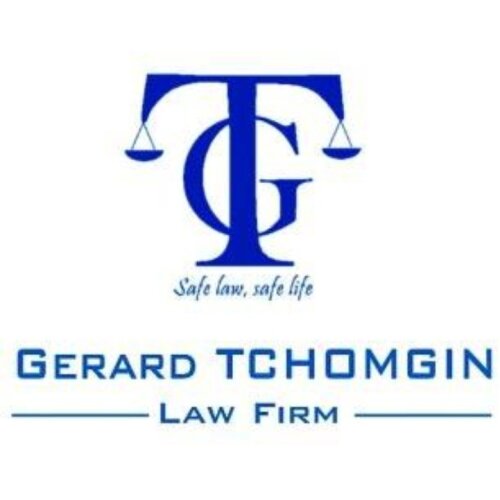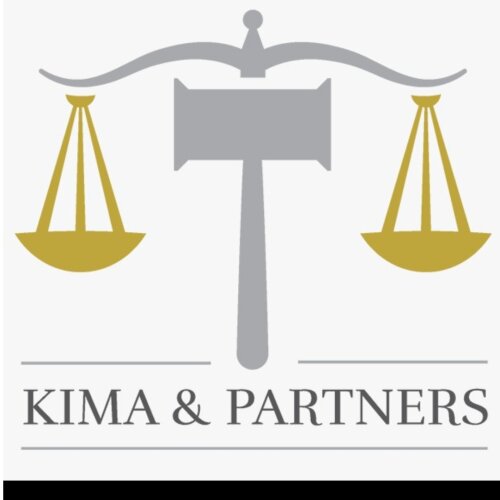Best Sanctions & Export Controls Lawyers in Yaoundé
Share your needs with us, get contacted by law firms.
Free. Takes 2 min.
List of the best lawyers in Yaoundé, Cameroon
Legal guides written by CHI & Partners Law Firm:
- Ship Registration in Cameroon

Taniform and Associates IP Attorneys and Attorneys at Law
15 minutes Free ConsultationAbout Sanctions & Export Controls Law in Yaoundé, Cameroon
Sanctions and export controls are crucial components of Cameroon’s national and international legal commitments. In Yaoundé, Cameroon’s political and administrative capital, these laws regulate the import, export, transit, and re-export of specific goods, services, and technologies. The legal framework is intended to comply with both domestic laws and international obligations, including those set by United Nations Security Council resolutions, the African Union, and sub-regional organizations such as CEMAC (Communauté Economique et Monétaire de l’Afrique Centrale). Sanctions can include trade restrictions, asset freezes, and prohibitions on providing certain services, while export controls primarily focus on items that could impact national security or violate international agreements.
Why You May Need a Lawyer
Legal issues involving sanctions and export controls are often complex and nuanced. You may need a lawyer in Yaoundé if you:
- Face investigation or enforcement action for breaching export or sanctions regulations.
- Operate a business involved in cross-border trade or regularly import or export sensitive goods, such as dual-use items, arms, or advanced technology.
- Plan to enter into contracts with partners from countries subject to international sanctions or embargoes.
- Have questions about the legality of specific commercial transactions or need to conduct due diligence on customers or suppliers.
- Are unsure about compliance requirements, reporting obligations, or licensing procedures related to exports or sanctions.
- Encounter challenges with authorities at customs, ports, or airports concerning the classification of goods or related documentation.
- Seek to challenge penalties or sanctions imposed by local regulatory agencies.
Local Laws Overview
Sanctions and export controls in Yaoundé are regulated under a combination of national statutes, ministerial decrees, and regulations, as well as international commitments. Cameroon’s national laws, such as the Customs Code and specific government orders, establish the framework for regulating imports and exports of sensitive goods, military equipment, and dual-use technologies.
Key elements include:
- The requirement for export licenses for controlled goods.
- Prohibition of exports to certain countries or entities as mandated by international sanctions.
- Rigorous customs controls at borders and entry points in Yaoundé.
- Obligation to report suspicious transactions to relevant government agencies.
- Severe penalties, such as fines, forfeiture of goods, or possible imprisonment for breaches of export controls or sanctions law.
Authorities such as the Ministry of External Relations, the Ministry of Finance, and the General Directorate of Customs are typically involved in enforcement and interpretation of these laws.
Frequently Asked Questions
What are sanctions and how do they apply in Cameroon?
Sanctions are restrictive measures imposed by national or international authorities to achieve political or security outcomes. In Cameroon, these may prohibit dealings with specified countries, individuals, or companies, particularly those subject to international sanctions.
What are export controls?
Export controls are regulations that limit or ban the transfer of certain goods, technology, or services from Cameroon to other countries, based on considerations like national security, international obligations, or foreign policy.
Which goods are subject to export control in Yaoundé?
Items subject to controls include arms and military equipment, dual-use items (commercial products with potential military applications), sensitive technologies, certain chemicals, and goods covered by CITES and other international conventions.
Do I need a license to export from Yaoundé?
Yes, for many controlled goods, you must obtain a government-issued export license. Unauthorized exports of controlled goods are illegal and carry severe penalties.
What are the penalties for violating sanctions or export controls laws in Yaoundé?
Penalties can include large fines, confiscation of goods, revocation of business licenses, and potentially imprisonment, depending on the severity and nature of the violation.
Which government bodies oversee sanctions and export controls in Cameroon?
Enforcement and oversight are typically managed by the Ministry of External Relations, the Ministry of Finance, and the General Directorate of Customs.
Can I do business with companies in sanctioned countries?
This depends on the specific sanctions in place. Some activities may be strictly prohibited, while others may require special permission. Legal consultation is strongly recommended before proceeding.
How do I know if a transaction or export is restricted?
Check the official lists of prohibited or controlled goods and sanctioned entities maintained by Cameroon's relevant ministries or seek legal advice to confirm the status of your transaction.
Are there reporting obligations for suspicious transactions?
Yes, businesses and individuals are required to report suspicious activities or requests that may involve breaches of sanctions or export control laws to the relevant authorities.
What should I do if my goods are detained at customs in Yaoundé?
Promptly consult with a legal expert in sanctions and export controls. You may need to provide documentation, appeal administrative actions, or respond to enforcement measures.
Additional Resources
For more guidance, consider contacting the following resources or bodies in Yaoundé and Cameroon:
- Ministry of External Relations - Department for International Cooperation and Compliance
- General Directorate of Customs - Responsible for the enforcement of trade and customs laws
- Ministry of Finance - Trade facilitation and regulatory authority
- Cameroon Chamber of Commerce, Industry, Mines, and Crafts (CCIMA) - Information on legal and trade requirements
- Local law firms specializing in international trade and customs law
- The Economic and Monetary Community of Central Africa (CEMAC)
- Official government gazettes and publications for updated regulations
Next Steps
If you need legal assistance in sanctions and export controls:
- Gather all relevant documentation relating to your intended export, import, or commercial transaction.
- Identify whether the goods or services in question may fall under restricted or controlled categories.
- Seek legal consultation with a lawyer or firm experienced in sanctions and export control matters in Yaoundé.
- Contact the appropriate government agency if you need clarification regarding import or export licensing requirements.
- Stay informed by reviewing updates from the official government bodies listed above and remain compliant with all regulatory changes.
Taking these steps can help safeguard your interests, ensure legal compliance, and avoid costly legal disputes or penalties.
Lawzana helps you find the best lawyers and law firms in Yaoundé through a curated and pre-screened list of qualified legal professionals. Our platform offers rankings and detailed profiles of attorneys and law firms, allowing you to compare based on practice areas, including Sanctions & Export Controls, experience, and client feedback.
Each profile includes a description of the firm's areas of practice, client reviews, team members and partners, year of establishment, spoken languages, office locations, contact information, social media presence, and any published articles or resources. Most firms on our platform speak English and are experienced in both local and international legal matters.
Get a quote from top-rated law firms in Yaoundé, Cameroon — quickly, securely, and without unnecessary hassle.
Disclaimer:
The information provided on this page is for general informational purposes only and does not constitute legal advice. While we strive to ensure the accuracy and relevance of the content, legal information may change over time, and interpretations of the law can vary. You should always consult with a qualified legal professional for advice specific to your situation.
We disclaim all liability for actions taken or not taken based on the content of this page. If you believe any information is incorrect or outdated, please contact us, and we will review and update it where appropriate.














